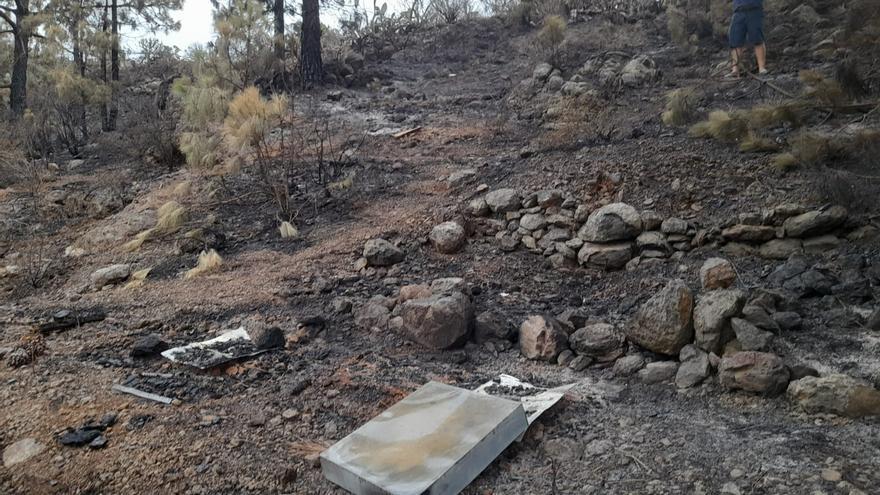
He council of Tenerife allocates 140,000 euros to subsidies for the bee feeding in it beekeeping subsector. He Primary Sector advisorValentine Gonzalezrecently chaired the second Beekeeping Table which is convened after the Forest fire that has affected the Island since last August 15. This cattle cabin was the hardest hit by the fire that destroyed or damaged 5,500 hives of the 16,000 that make up the total census on the Island. González explains: “We are aware of the difficulties that producers are going through after the disaster caused by the fire.” This affected high altitude areas where the activity is mostly carried out. The counselor remembers: “We met the Emergency Table for the first time last September with the intention of making a diagnosis as accurate as possible on the situation of the hives after being affected by the fire.”
González points out that “in that first meeting, we committed to convening this island body periodically with the objective of working, hand in hand with the sector, to alleviate the consequences of the fire.” In addition to geographical location. Another factor that increased the damage to Tenerife beekeeping was the moment in which the fire broke out, just when a large number of hives were within the usual honey production calendar in transhumance. The traditional route to the Teide, in search of summit honeys – broom, tajinaste and malpica – and chestnut, in the mid-range areas of the north and south. In this second meeting after the fire, the counselor announced that “from the Council we are working to expedite the granting of subsidies for complementary feeding of bees, to which we are going to dedicate 140,000 euros for the moment.”
Specific expenses
The purpose of this aid is to cover the costs of acquiring specific foods for insects, rich in sugars, proteins and micronutrients to meet the objective of improving their nutritional status, and in this way, contribute to preserving the beekeeping herd of the Isla. González assures that “we are very aware of the importance of beekeeping, as a primary activity with great tradition in rural areas, as well as of the bees themselves as pollinating agents that are responsible for the conservation of numerous plant species, the environment and The Biodiversity”. All these reasons come together to “put all the means in our power to alleviate the effects that the fire has on the sector,” said the counselor.
The forest fire practically ruined beekeeping in Tenerife to the point that one in four honeycombs suffered some negative consequences. Some 3,000 hives were destroyed and another 2,500 affected out of the approximately 16,000 total. In addition, bee populations were drastically reduced and more than 50 tons of honey were lost. Pablo Pestano, president of the Tenerife Beekeepers Association (Apiten), initially estimated economic losses of around 1.5 million euros. The largest number of beehives are concentrated in the north, around the La Orotava Valley, and in the south, especially in Arafo, where many have been burned. Another negative effect is the impact on the bee as a pollinating insect and, therefore, guarantor of the continuity of the life cycle and the natural ecosystem in Tenerife.
















